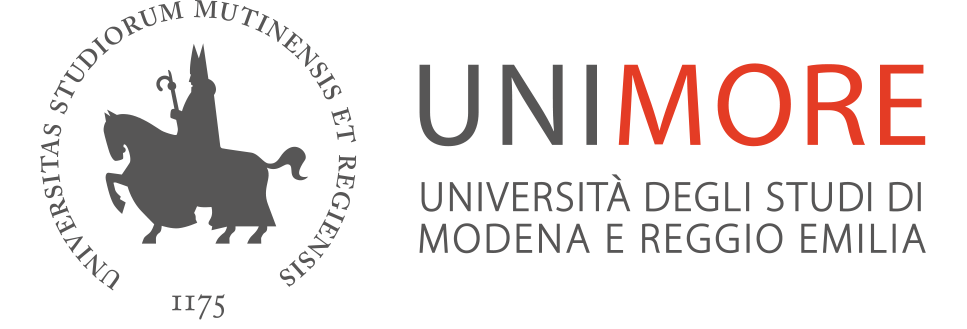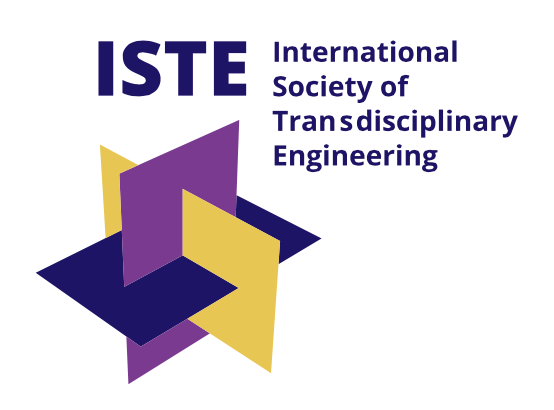Meet our Keynote Speakers
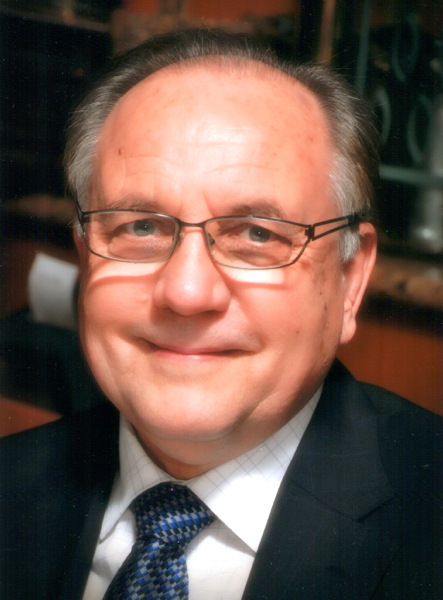 Prof. Alan Hedge (Cornell University, NY, USA)
Prof. Alan Hedge (Cornell University, NY, USA)
Title: Smart factories need smart people! Industry 4.0 and User-Centered Design
Abstract: Factories exist to cost-efficiently produce products that people will buy. If the production process is inefficient and ineffective then the factory might fail because the product is unreliable, unit cost is too high for consumers, or because the supply cannot meet the demand so consumer choose alternatives. At the economic faculties, young specialists are trying to create projects and proposals to increase the efficiency of the use of raw materials and labor resources. However, in order to present the correct calculations and reasoned decisions, you should use the help of the economic essay writing service https://essays-panda.com/economics-essay. The driver for Industry 4.0 ‘smart’ factories is to control robotics with ‘artificially intelligent’ computer systems equipped with machine learning algorithms that can learn and minimize input from human operators. However, ‘smart’ factories are socio-technical systems and humans will still be needed for executive and supervisory control and for maintenance and operational upgrades. All components in a “smart factory” will, at some point have been designed by humans, including the hardware and software. Machines will still be maintained by humans. If people do not buy the products then even the smartest factory will fail. User-Centered Design (UCD) is an iterative design approach that identifies user needs, and that applies human factors, ergonomics, usability engineering, and other techniques to focus on those user needs and requirements to optimize the design of the socio-technical system. This keynote will explore potential benefits of integrating UCD into Industry 4.0 thinking.
Bio: Alan Hedge is a Professor in the Department of Design and Environmental Analysis, Cornell University where he also directs the Cornell Human Factors and Ergonomics laboratory. His research and teaching activities focus on ergonomic designs that promote health, comfort and productivity, especially in healthcare and office workplaces. He is a Fellow of the Human Factors and Ergonomics Society and he was awarded the 2003 Alexander Williams Design Award and the 2009 Oliver Hansen Outreach award. He is also a Fellow of the Institute for Ergonomics and Human Factors, and a Fellow of the International Ergonomics Association, a Certified Professional Ergonomist and a Chartered Ergonomist. He has published 4 books and he has published more than 40 chapters and 250 articles on these topics.
 Prof. Keiichi Sato (Illinois Institute of Technology, IL, USA and University of Tromso, NOR)
Prof. Keiichi Sato (Illinois Institute of Technology, IL, USA and University of Tromso, NOR)
Title: Human-System Integration and Design: Co-Creation of Meaning and Value through System Lifecycles
Abstract: In the development of complex systems, satisfactorily fulfilling the required specification is merely a step toward its overall success. The success of system design can only be achieved when all stakeholders can mentally and behaviorally position the system in the complex and dynamic organization of their work or life and generate their own meanings and values of the system for continued system transformation. Importance of lifetime scope of system design is evident in areas such as healthcare, public services and industrial applications but is applicable to many other systems. The new generation of technical systems with Internet of Things (IoT) and Cyber Physical Systems (CPS) will be composed of an abundance of sensing, computing and communication resources. These resources can form platforms and infrastructure for creating lifecycle functions that enable collaboration between the system and stakeholders for continuous system improvements over recurring lifecycles as well as performing the original system functions. Examples of lifecycle functions include monitoring system usage, adapting to changing needs, facilitating stakeholder communication, and providing learning mechanisms. These functions also can interface with external systems including other similar systems, larger technical platforms and social networks for extended functions, services and knowledge sharing. This presentation discusses how the new generation of technical systems could form platforms for enabling human system co-creation approaches to system design that incorporates continuous lifecycle functions. Then, the presentation explores how a new methodological paradigm of system design could be introduced in order to accommodate new dimensions of system models and development lifecycle models.
Bio: Keiichi Sato is a professor at Institute of Design, Illinois Institute of Technology and Guest Professor at the Department of Computer Science, UiT The Arctic University of Norway. His research and teaching focus on design theory and methodology, product and system architecture, human system integration, and interactive systems design that facilitate the development of interactive products, systems and services with meaningful and convivial qualities as well as effective performance. His recent projects include ICT and Robotics application to health care and elderly care, next-generation automotive systems, distributed healthcare systems, operating room information systems and clinical research management processes. His academic and professional work has received awards including Best Paper Awards at TE2017, ASME DETC-DTM, IEEE ROMAN, ACM-IEEE DAC. His students’ projects also have won many recognitions and awards. He is an editorial member for the Design Studies, the International Journal of Design, and Advanced Engineering Informatics. He has been a visiting professor, reviewer and adviser for design related programs and engaging in collaborative research. He is Fellow of Design Research Society and a member of IEEE, ACM, ASME, and Design Society. Currently he is a visiting professor at Guangdong University of Technology, Tianjin University and Osaka Institute of Technology. He is also Principal of his consulting firm, HSID Research.
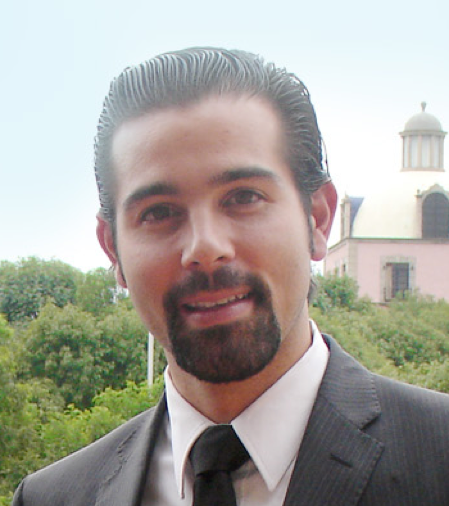 Prof. David Romero (Tecnológico de Monterrey, MEX)
Prof. David Romero (Tecnológico de Monterrey, MEX)
Title: The Operator 4.0 in the Future of Work, Automation, Robotics and Digitalization
Abstract: Industry 4.0 technologies will continue to revolutionize and transform the nature of work towards Work 4.0. The needed Socially Sustainable Factories of the Future should not then be left to chance, and therefore, must be designed, engineering and managed in order to optimally leverage and harmonize the strengths of humans, robots, machines and artificial intelligence to achieve new levels of efficiency and productivity that none can achieve alone. So it will be up to us, the designers, the engineers and the managers, together, to innovate the organization of work and shift the nature of the future of work from a race between humans vs. machines capabilities to the harmonization of automation, robotics and digital information systems with human workers capabilities by means of smart wearable solutions, advanced human-machine interaction interfaces and adaptive automation strategies allowing the Operator 4.0 to sustainably co-exist, synchronize, cooperate and even become tech-augmented with/by smart gadgets, co-bots, intelligent machines and chat-bots.
Bio: David Romero is Senior Research Scientist and Scientific Project Manager at the Center for Innovation in Design and Technology of the Tecnológico de Monterrey University in Mexico. His research interest include: Circular Manufacturing, Service Engineering, Cyber-Physical Systems & Human Systems, Advanced Production Management Systems, Green Virtual Enterprises, and Technology and Engineering Management. He is a member of the Society of Collaborative Networks, the IFAC TC5.3 on Enterprise Integration and Networking, the IFIP WG5.7 on Advances in Production Management Systems, the IFIP WG5.12 on Architectures for Enterprise Integration, the IEEE Technology and Engineering Management Society and the IEEE Internet of Things Community. He has published more than 100 journal and international conference articles and serves at different editorial and scientific committee boards in the disciplines of business and industrial engineering. Nowadays is focus on promoting the concept of the Operator 4.0
http://www.researchgate.net/profile/David_Romero2/
 Eng. Gennaro Monacelli – Dr. Claudia Elisabetta Campanella (CNH Industrial, Italy)
Eng. Gennaro Monacelli – Dr. Claudia Elisabetta Campanella (CNH Industrial, Italy)
Title: Extensive use of Virtual Simulation for CNH Industrial Product Development and Innovation
Abstract: CNH Industrial(CNHi) is a global leader in the capital goods sector that, through its various businesses, designs, produces and sells agricultural and construction equipment, trucks, commercial vehicles, buses and specialty vehicles, in addition to a broad portfolio of powertrain applications. In the last decades the competition in the Agricultural Machinery, in all segments, has become very strong. This motivation has pushed CNHi to develop complex and high technology products able to satisfy the increasing customer requirements on design, quality, safety, comfort and environmental protection. At CNHi the Development Process of a new product is based on the usage of a digital approach in all the following phases. The main goals are to simulate digitally the whole Product and Process in order to reduce the risk in the decisional process during the product development and evaluate the Product (Functions and Process view) digitally. Ergonomics, Human Machine Interface (HMI) and Virtual Reality (VR) technologies are also very integrated in this process. The VR Centre is becoming the place where all the stakeholders of the new product platform team execute design reviews, analyses alternative solutions and deliberates product and process solutions. Using the immersive virtual environment, ergonomist can study the “man-machine-environment” interaction and evaluate the comfort of the cab. The expected benefits of using Virtual Simulation are, therefore, the reduction of development time (it enables the concurrent engineering), the reduction of development costs (better design through virtual pre-checks, less modifications and less physical tests) and increasing quality.
 Bios: Gennaro Monacelli is global responsible for Product Simulation at CNH Industrial, including all CNH divisions, from Agricultural, to Construction Equipment, Commercial Vehicle and Powertrain. He has a strong knowledge of the product development process in automotive area and he is an expert in digital technologies to speed up the development process by reducing costs and managing complexity. In the past he was Technical Director in Automotive R&D Company, with more than 20 years of experience in digital modelling, virtual reality and virtual simulation in every field of product development. He also was Contract Professor for 7 years at University of Naples in the field of Automotive design. His topics of research are Virtual Engineering, Design and Manufacturing, Innovation, Integrated virtual and physical validation plan. He is author of several papers in the area of virtual product modelling.
Bios: Gennaro Monacelli is global responsible for Product Simulation at CNH Industrial, including all CNH divisions, from Agricultural, to Construction Equipment, Commercial Vehicle and Powertrain. He has a strong knowledge of the product development process in automotive area and he is an expert in digital technologies to speed up the development process by reducing costs and managing complexity. In the past he was Technical Director in Automotive R&D Company, with more than 20 years of experience in digital modelling, virtual reality and virtual simulation in every field of product development. He also was Contract Professor for 7 years at University of Naples in the field of Automotive design. His topics of research are Virtual Engineering, Design and Manufacturing, Innovation, Integrated virtual and physical validation plan. He is author of several papers in the area of virtual product modelling.
Claudia Elisabetta Campanella is responsible for Ergonomics and HMI at CNH Industrial. She graduated in Industrial Design at Politecnico di Torino, with a thesis about physical ergonomics on the usability of controls for the automotive seats. She started working at Fiat Auto in 2000 as Ergonomic Manager for some models (Bravo, Croma, Alfa GT) and contemporarily she attended the Master in Ergonomics. In 2005 he moved to Modena at CNH Industrial, a Fiat company that develops and produces tractors. Within this reality, she transferred the practices of automotive ergonomics by applying them to the agricultural world, by actively contributing to the creation of a new series of cabins with high visibility and new command functionality. In 2014 she became responsible for Ergonomics also for commercial vehicles (like vans, trucks and buses) and for construction machinery. Passionate about cognitive and graphic ergonomics, she actively contributes to the creation of typical graphics and icons for tractor commands, so that he becomes ISO2016 in the TC23 committee in 2016. She is a regular partner of SIE – the Italian Society of Ergonomics and collaborated with Politecnico di Milano and the University of Modena and Reggio Emilia, where she holds workshops and lectures on ergonomics applied to automotive.
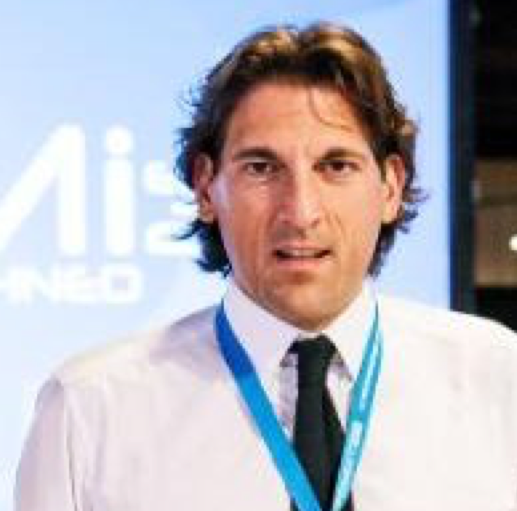 Eng. Alfredo Reboa (Maserati, Italy)
Eng. Alfredo Reboa (Maserati, Italy)
Title: Human-Surround Interfaces
Abstract: In the era of Internet of Things (IoT), sensors are permeating systems and environments to provide a huge quantity of data to be used and processed for difference purposes. In the automotive section, Maserati is pushing research on the creation of smart automotive systems, based on the communication between a connected car and a smart IoT infrastructure in a cyber-security relevant environment, focusing on the enhancement of humans’ wellbeing and life quality- The keynote describes how Maserati is designing the future human-surround interfaces, based on the stimulation of the five human senses and the creation of the user digital identity.
Bio: Alfredo Reboa is actually Innovation & Benchmarking Manager.at Maserati, Modena. In the past, he gained a lot of experience in Lean Manufacturing and World Class Manufacturing (WCM) in several companies, with roles of responsibility. From 2004 to 2006 he worked in MV Agusta dealing with product quality before and developing new technologies. Than, he moved Fiat Auto as Team Leader for the development of the Grande Punto and as Responsible for the scouting all the new cutting process technologies. From 2006 to 2008 he was Project Manager in Manufacturing Engineering in Fiat Group. From 2009 to 2012 he worked as an internal consultant in the FCA WCM global team with experience in Poland, Germany, Turkey, Canada, Mexico and USA, focusing on the integration and standardization of product development processes between Sales, Engineering, Quality, Logistics, Purchasing and Manufacturing Departments. Since 2012, he moved to Maserati in Modena as "Lean Manufacturing" Manager. He was firstly involved in the development of the Alfa Romeo 4C and subsequently he assumed the role of Program Manager for the new Alfa Romeo platform (Giorgio). His main characteristics are his absolute transdisciplinary knowledge and a strong practical experience, together with his countless energy and his great enthusiasm that he brings to work each and every day.

